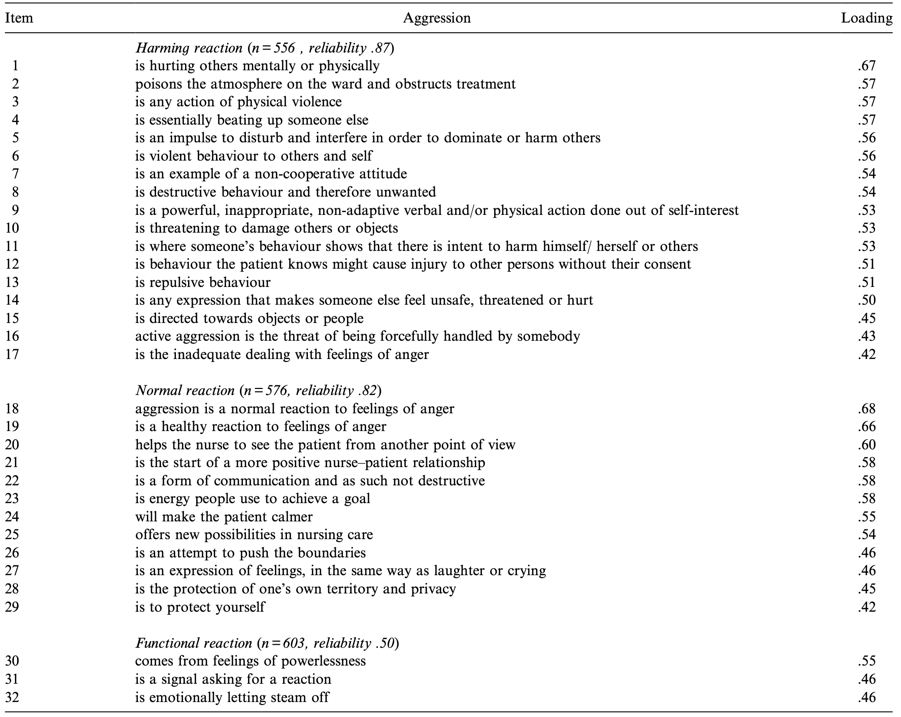This paper will use the level of alcohol, specifically beer, consumed as the independent variable. It is well known that alcohol consumption has a cumulative effect on an individual’s intoxication, with this amount varying for men and women. For example, the average male requires between 4 (1.400 liters) and 4 (1.750 liters) bottles of beer to become intoxicated, whereas, for women, this amount is reduced to 3 (1.050 liters) and 4 (1.400 liters) bottles (Eastwood et al., 2020). For this reason, increasing the amount of alcohol for respondents would be expected to increase the intoxicating effect. Similar manipulations of the independent variable have already been demonstrated by Liu et al. (2019), who studied the relationship between the amount and strength of alcohol and the socio-demographic factors of the sample. For the current study, the amount of alcohol consumed was adjusted directly for beer, whose strength is traditionally considered to be close to 4.0-5.0 percent (Liu et al., 2019; Bellut & Arendt, 2019). Test participants without differentiation into demographic cohorts will be asked to drink up to four bottles of beer (1.400 liters) as a manipulation of the independent variable, with intoxicating effects assessed after each of the four bottles. At the same time, the control group was offered non-alcoholic beer drinks as placebo.
The respondents’ attitude towards aggression will be used as the dependent variable. For this reason, the dependent variable is the Attitude Towards Aggression Scale (ATAS), as shown in Figure 1. This 32-item scale categorizes respondents’ attitudes toward aggression at three levels, including “harming,” “normal,” and “functional” responses (Jansen et al., 2006). Respondents’ answers for each question are measured on a standard five-point Likert scale, from totally disagree (1) to totally agree (5) with the statement. For instance, “an aggression is hurting other mentally or physically”, with which the respondent can either agree, disagree, or express uncertainty in their answer. Cronbach’s alpha as a measure of level reliability showed promising results for this scale: “harming” (.87), “normal” (.82), and “functional” (.50) (Jansen et al., 2005). The ATAS has also been determined to have satisfactory divergent validity of the scale, explaining up to 70% of the variance in the data (Jansen et al., 2006; Nam et al., 2022). Thus, the ATAS scale can be reliably used in the current study to measure the desired effects of intoxication on respondent aggression.

References
Bellut, K., & Arendt, E. K. (2019). Chance and challenge: Non-saccharomyces yeasts in nonalcoholic and low alcohol beer brewing–A review. Journal of the American Society of Brewing Chemists, 77(2), 77-91.
Eastwood, A. P., Penton-Voak, I. S., Munafò, M. R., & Attwood, A. S. (2020). Effects of acute alcohol consumption on emotion recognition in high and low trait aggressive drinkers. Journal of Psychopharmacology, 34(11), 1226–1236.
Jansen, G. J., Dassen, T. W., Burgerhof, J. G., & Middel, B. (2006). Psychiatric nurses’ attitudes towards inpatient aggression: preliminary report of the development of attitude towards aggression scale (ATAS).Aggressive Behavior: Official Journal of the International Society for Research on Aggression, 32(1), 44-53.
Jansen, G. J., Middel, B., & Dassen, T. W. (2005). An international comparative study on the reliability and validity of the attitudes towards aggression scale.International Journal of Nursing Studies, 42(4), 467-477.
Liu, R., Chen, L., Zhang, F., Zhu, R., Lin, X., Meng, X.,… & Zhao, Y. (2019). Trends in alcohol intake and the association between socio-demographic factors and volume of alcohol intake amongst adult male drinkers in China.International Journal of Environmental Research and Public Health, 16(4), 1-12.
Nam, S., Hong, S., Kim, H., Wong, J. Y. H., & Fong, D. Y. T. (2022). Reliability and validity of the Korean 12‐item Perception of Aggression Scale.Journal of Psychiatric and Mental Health Nursing, 29(3), 442-450.